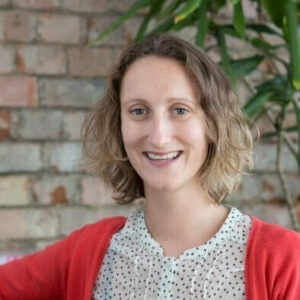When starting to review your options for non-financial reporting software, it can be difficult to know where to start. How can you be sure you’re investing in the right ESG software for your company? How can you know that it is going to help you to achieve your sustainability goals? While the answer will depend on your industry and your strategy, there are some common considerations. Here are a few tips as to how to make the right decision.
1. What are you looking for in your non-financial reporting software?
Be clear on your criteria. Decide what is important to the company and make a checklist, listed in priority order.
It’s important when looking for the right ESG SaaS tool. Rather than second-guessing, be organized and think about the factors that are important to you. This could include:
- Flexible ESG data entry
- Easy-to-use interface
- Full data audit and transparency of carbon calculations
- Ability to set specific targets
- Ability to track progress
2. How will it help achieve your ESG goals?
As part of considering the criteria you expect from the software, it’s important to consider how the software can help achieve your sustainability goals. For example, does it give the right statistical analysis of carbon emissions in order for you to meet targets? Does the provider meet the GRI Sustainability Reporting Guidelines? Does it provide you with multiple reporting templates, so that you can choose the one most suitable for you and your organization?
3. How secure is your sustainability data?
How secure is the ESG software? If disaster strikes and everything goes down, what happens to all of your data? Does the provider have full disaster recovery provision?
You need to know that the software you’re choosing is up to the job. You need to be confident that the work you put in won’t get lost in if something should go wrong.
4. What sort of support should you be looking for?
Like any product/service you buy, you want good customer service. Does the company help set the software up and are they there for support when you need it?
The last thing you want is to be left feeling stranded, with no support on how to implement the software. You want to work with a company who help every step of the way and are happy to keep doing so. Look at customer reviews and ask the provider how they support the customer.
5. What is the ROI of your investment?
What are you getting back from the non-financial reporting software that you’re investing in? For example, will the ESG tool help you to identify opportunities for carbon, consumption and cost savings? Depending on the criteria that you use to pick the software, you should be able to work out how it will help and how it will support your sustainability strategy. Being clear on this point will also improve your discussions with your company’s finance team.
Do you want to find out more about the questions to ask when researching sustainability reporting software? Talk to us today to find out more.











